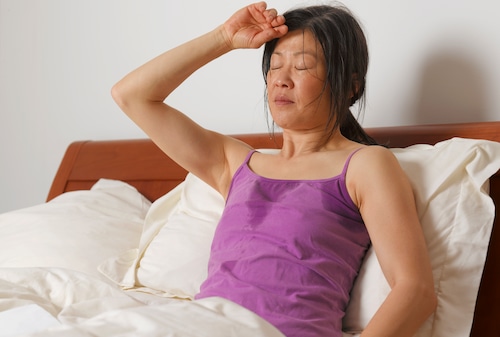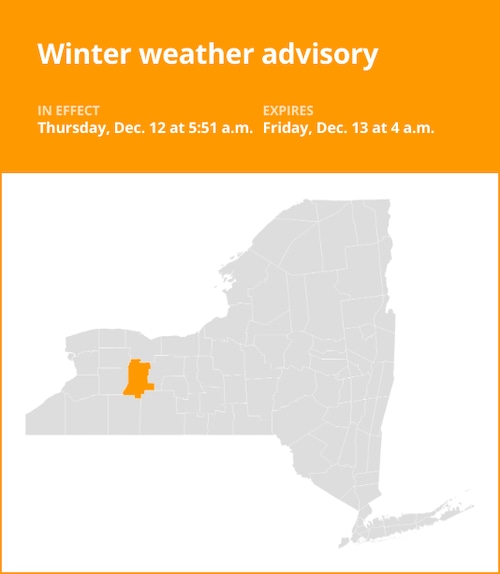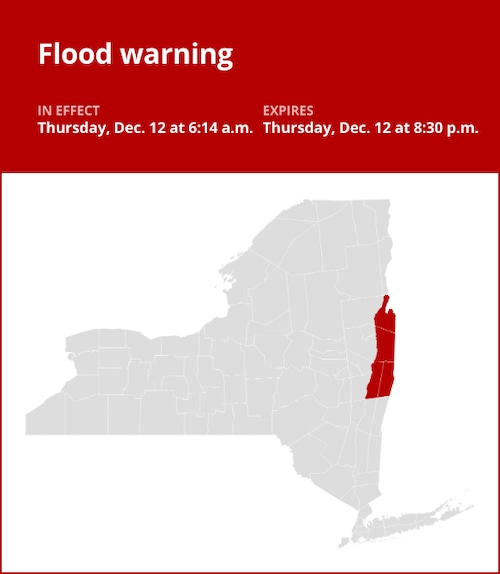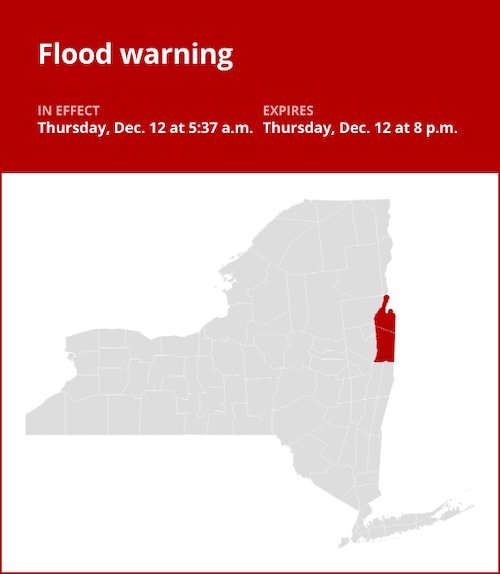According to a recent study, the usage of menopausal hormone therapy (MHT), which is the most effective treatment for menopausal symptoms, has drastically decreased because of inflated worries about its hazards.
According to Dr. Taryn Smith, an internist and women’s health specialist at the Mayo Clinic, many women are unaware of how to deal with menopause and its accompanying symptoms, which include hot flashes, night sweats, difficulty sleeping, irritability, and other symptoms. Hormone therapy is a great and safe alternative for the typical healthy woman, but it’s not for everyone.
When levels of the natural hormones progesterone and estrogen decline during and after menopause, hormone therapy—which comes in patches, gels, sprays, and oral forms—is used to replace them. It is frequently given to treat vaginal discomfort and hot flashes, two menopausal symptoms.
Using data from the National Health and Nutrition Examination Survey, a study published in the Journal of the American Medical Association (JAMA) Forum showed that MHT therapy use among postmenopausal women in the United States has significantly decreased, falling from 26.9% in 1999 to 4.7% in 2020—a decrease of more than 80%.
Women between the ages of 52 and 65 experienced the largest declines, falling 88%. This age group used MHT the most until 2002, but by 2005, women under 52 were using it more frequently.
The study relates the largest relative reduction in MHT use over the previous 20 years to socioeconomic characteristics, while non-Hispanic Black women had the lowest prevalence of MHT use.
According to the study, this is crucial to take into account given that Black and Hispanic or Latina women routinely report more severe and disruptive vasomotor symptoms than non-Hispanic White women.
According to the study, the highly reported findings of the Women’s Health Initiative (WHI) trial in 2002, which sparked worries that the risks of hormone therapy outweighed its advantages when used to prevent chronic diseases in postmenopausal women, may have contributed to the dramatic drop in MHT use over time across all racial and ethnic groups.
But according to JAMA, follow-up research shows that when MHT is started in healthy women under 60 or within ten years of menopause, it carries less risks and a more favorable benefit-risk profile. Therefore, current guidelines suggest that younger postmenopausal women and those who suffer early menopause before the age of 45 utilize it to relieve their symptoms.
Hormone therapy can help postmenopausal women avoid bone loss and lower their risk of fractures, according to the Mayo Clinic. But there are hazards as well, depending on the kind, dosage, length of time, and health of the individual. Hormone therapy should be customized for each patient and evaluated on a frequent basis to make sure the advantages outweigh the hazards.
According to Dr. Smith, these alternatives are highly safe for the typical healthy woman, but it’s better to speak with your doctor or a women’s health specialist if you have any concerns about these risk factors.
Note: Every piece of content is rigorously reviewed by our team of experienced writers and editors to ensure its accuracy. Our writers use credible sources and adhere to strict fact-checking protocols to verify all claims and data before publication. If an error is identified, we promptly correct it and strive for transparency in all updates, feel free to reach out to us via email. We appreciate your trust and support!





+ There are no comments
Add yours